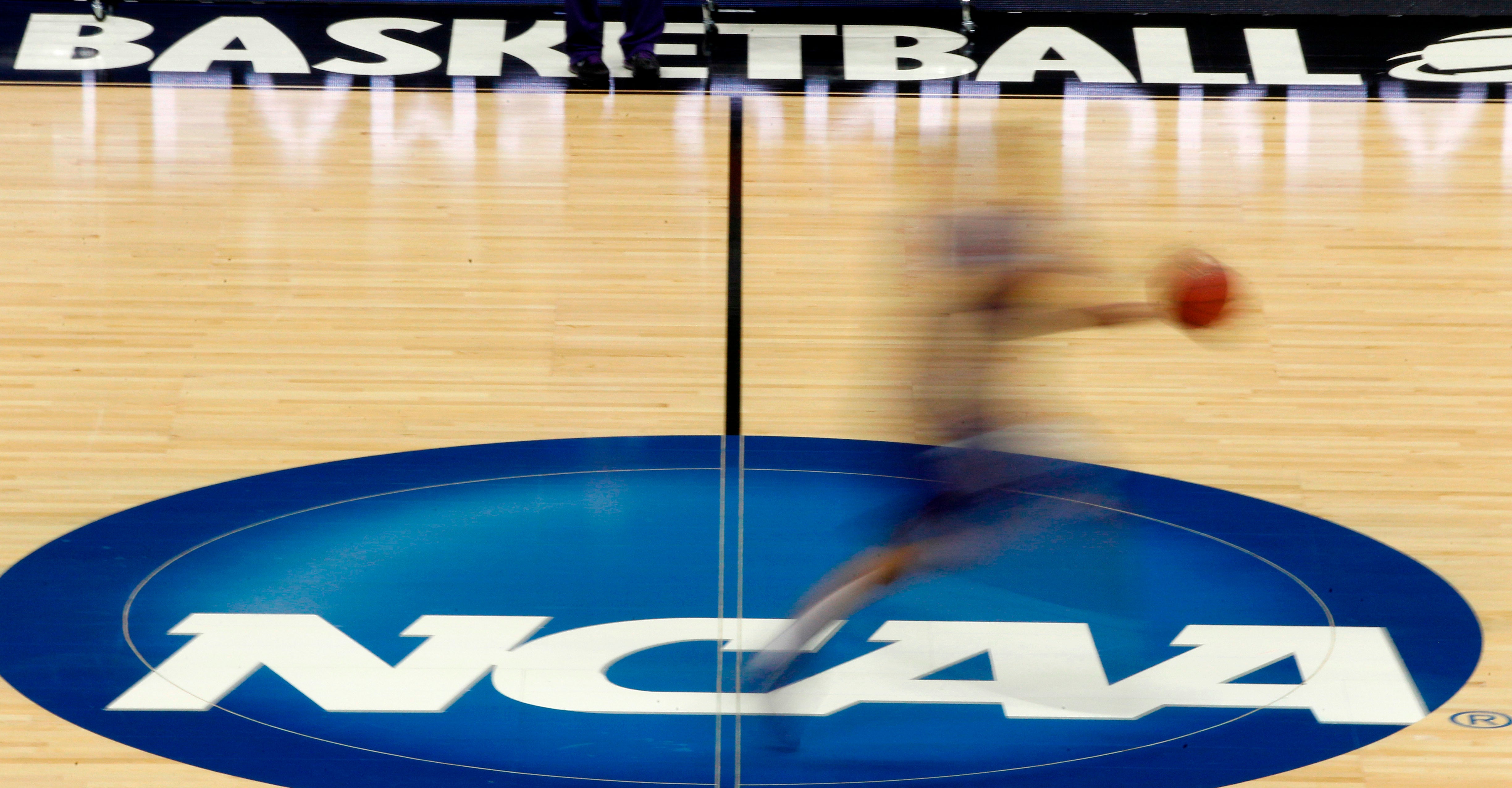NCAA cancels fall championships as major football marches on
The NCAA will not conduct fall championship events — a move that does not effect major college football — because not enough schools are competing in sports such as men’s and women’s soccer and women’s volleyball.
NCAA President Mark Emmert made the announcement in video posted on Twitter, but it has been clear this was coming.
“Sadly, tragically that’s going to be the case this fall. Full stop,” Emmert said. “That doesn’t mean we shouldn’t and can’t turn toward winter and spring and say, ‘How can we create a legitimate championship for those students?’ There are ways to do this. I am completely confident we can figure this out.”
Last week the NCAA Board of Governors said championship events in a sport would canceled if fewer than 50% of the teams competing in that sports played a regular season.
Divisions II and III almost immediately followed by canceling their fall championships. Division I — which is comprised of 357 schools — held on, but as conference after conference canceled their fall seasons the tipping point came.
Falls sports also include field hockey, cross-country and water polo. Schools in conference that have not yet canceled their fall seasons could conceivably try to stage regular season competition.
The highest tier of Division I football, the Bowl Subdivision, is not impacted. The College Football Playoff is run by the conferences and six of those leagues are still moving toward having a season, including the Southeastern Conference, Atlantic Coast Conference and Big 12.



